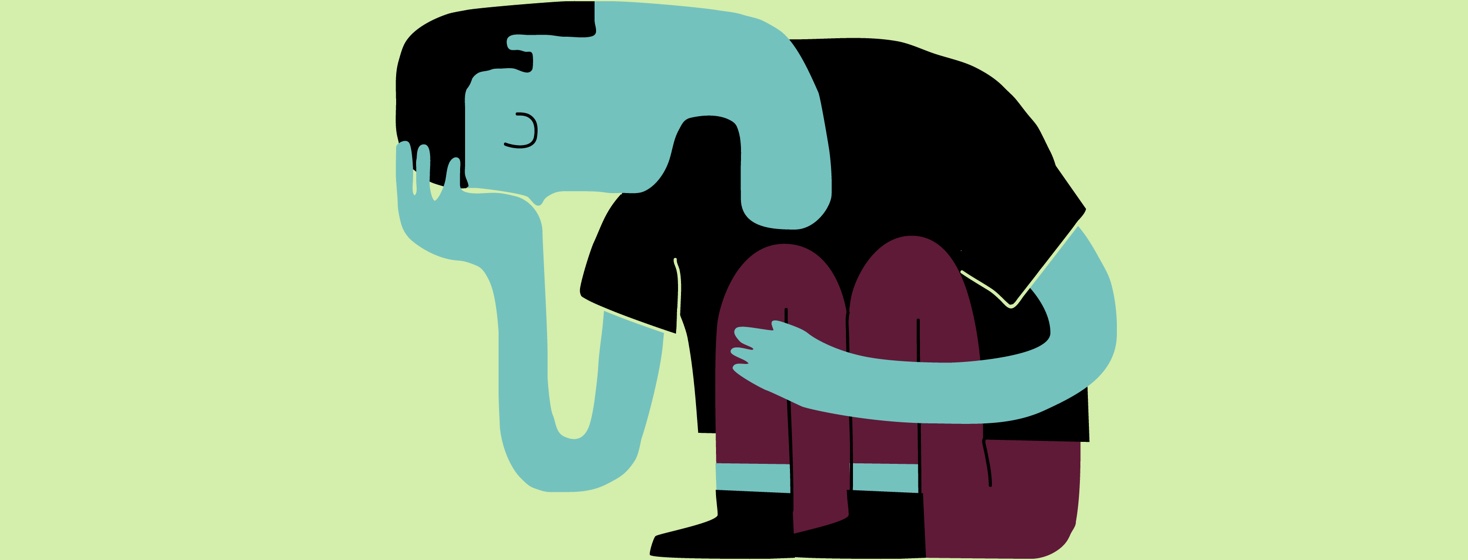Ruminating on Triggers: What Was I Thinking?
What were you thinking messing with your diet the day before a concert? You know better than that. And you made it even worse by taking a triptan. Why did you do that? You should have known you were too far into the attack for the triptan to be effective. Now you may not be able to attend tonight’s show, and you may be too sick to enjoy your birthday celebration tomorrow night.
Why wasn't I more cautious yesterday?
This is my current internal dialogue. For weeks, I have looked forward to seeing a band play at an art opening tonight. Yesterday should have been a day of extreme caution to avoid upsetting the delicate balance that has made me feel great this week. Instead, I’m probably going to have to miss the show because I broke my own rules and challenged my diet.
What was I thinking?
I’m angry with myself because I do know better. After berating myself for a while, I began to ponder my first question: What was I thinking?
- I was thinking that this diet change might actually make me feel better.
- I was thinking that the migraine attacks triggered by diet changes don’t last very long and that I’d be able to correct the problem with my next meal.
- I was thinking that a triptan would definitely take care of the migraine attack. It didn’t seem risky because I’d been triptan-free for nearly two months. That seemed like it had to be long enough to recover from medication overuse headache. (Wrong!)
- I was thinking about what would be most likely to manage the migraine so I’d be able to make the concert. A triptan seemed like a better bet than Midrin or naproxen.
These were not mindless decisions. I weighed the pros and cons of each one in excruciating detail. Unfortunately, my reasoning turned out to be incorrect.
Are triggers to blame?
After a migraine diagnosis, we quickly learn that finding our migraine triggers and avoiding them is key to migraine management. While I agree that identifying triggers is helpful overall, it too often becomes a source of blame. Not every migraine attack has an identifiable trigger, and triggers are not always avoidable. Yet all the talk of triggers can prime us (and the people in our lives) to believe we’re to blame when a migraine attack ensues.
Am I at fault for this migraine attack?
That’s exactly how I’ve spent the last two hours blaming myself. That’s totally unfair. I did not eat the food or take the triptan thoughtlessly or carelessly. The decisions I made were rational and logical. But because they led to a migraine attack, I blamed myself for doing something wrong.
This is a familiar pattern. I used to believe that ruminating on triggers was the only way to protect myself from future migraine attacks. I thought it would keep me from making the same mistake twice. Far more often, it’s a source of self-loathing.
Reflecting versus ruminating
Yes, it’s a good idea to reflect on potential triggers so you can avoid them in the future. But blaming or berating yourself is rarely helpful. I’ve gotten better at not ruminating in recent years, but sometimes I’m still lulled by its false promise.

Join the conversation